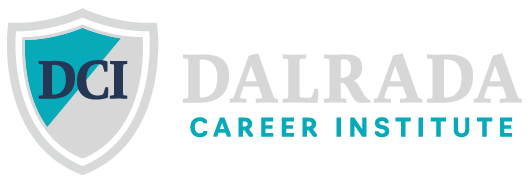Nursing is a noble profession that offers many opportunities to passionate and compassionate individuals. From clinical nursing to administrative roles, the nursing field is vast and varied. Many graduates pursue traditional bedside professions that include, but are not limited to certified nursing assistants and licensed practical nurses among others. But, did you know there are countless alternative nursing career options beyond the basic clinical setting? Here are some of the top non-bedside nursing jobs you can pursue with your nursing degree.
- Nurse Educator
Nurse Educators are responsible for training and mentoring future nurses. They are vital for shaping the minds and skill sets of aspiring nursing professionals. Nurse educators work in both academic and healthcare environments and they help create course materials, develop lesson plans, and teach nursing theory and clinical skills. This role requires a master’s degree or higher in nursing as well as an active nursing license.
- Nurse Manager
Nurse Managers oversee the operations of nursing departments. They ensure that nurses and other healthcare workers adhere to official policies and procedures. Nursing managers play a critical role in recruitment, retention, and professional development of nurses. They may also be responsible for the budgeting and resource management of their specific healthcare setting. This role usually requires a bachelor’s degree in nursing plus several years of clinical experience.
- Legal Nurse Consultant
Legal Nurse Consultants provide medical expertise in legal cases. They review medical records, give expert opinions, and even testify in court. This role requires a strong background in healthcare—typically nursing, and generally requires a certification from an accredited legal nurse consulting program.
- Esthetician
Estheticians specialize in skin care and cosmetic procedures. They analyze skin types, perform facials and other treatments, and recommend specific skincare regimens. Many estheticians work in health and wellness spas and beauty salons. A nursing degree can provide an advantage in this career, as it gives an in-depth understanding of skin anatomy and physiology.
- Health Informatics Specialist
Health Informatics Specialists are responsible for managing and analyzing healthcare data. They create electronic health records, implement health information systems, and ensure compliance with regulatory standards. This role requires a Master’s degree in health informatics or a related field.
Nursing is a dynamic field full of opportunities beyond traditional bedside care. The careers listed above are just a few examples of the alternative and rewarding career paths that nursing graduates can pursue. With the right education and training, you can enjoy a rewarding career that blends your passion for healthcare with your interest in business, technology, or law. Knowing these options, you can chart your nursing career path to help you achieve your professional goals. At DCI, we help students plan their careers beyond nursing school and offer programs to help them achieve their non-bedside nursing career goals. Contact us today to learn more!


